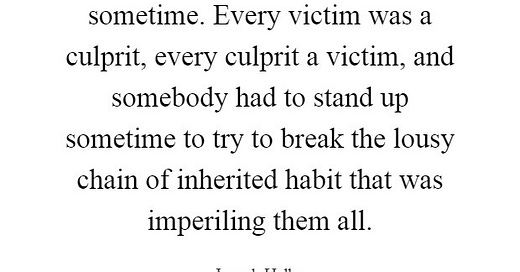There is a chicken-or-egg question circling like a buzzard over the desiccating carcass of our nation’s civic habits. Is the internet a chief cause of societal dysfunction or its byproduct?
From what I can see, the answer is yes.
Yes, what the internet’s become tears at the fabric of democracy. Reporting for The Atlantic in 2021, Anne Applebaum and Peter Pomerantsev observed back then that “instead of entering a real-life public square,” Americans were withdrawing into “digital spaces where they rarely meet opponents; when they do, it is only to vilify them.”
Pomerantsev and Applebaum go on: “Conversation in this new American public sphere is governed not by established customs and traditions in service of democracy but by rules set by a few for-profit companies in service of their needs and revenues. Instead of the procedural regulations that guide a real-life town meeting, conversation is ruled by algorithms that are designed to capture attention, harvest data, and sell advertising. Th…
Keep reading with a 7-day free trial
Subscribe to Ebiyan House to keep reading this post and get 7 days of free access to the full post archives.



